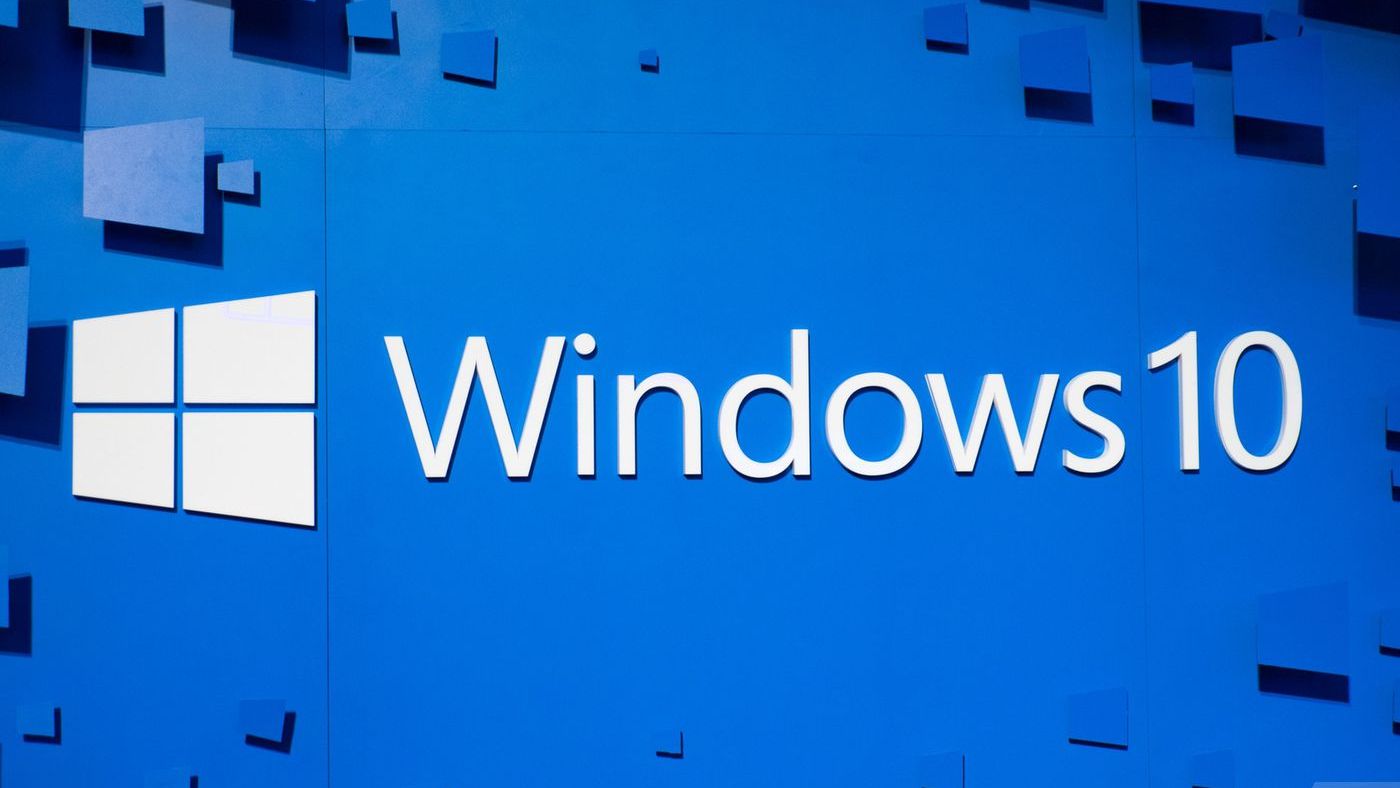Microsoft has announced that it will allow individuals to purchase Extended Security Updates (ESU) for Windows 10 after the operating system’s support ends in 2025. Typically, Microsoft offers paid security updates for organizations that require them to continue running older versions. However, this move marks the first time the company will extend this option to individual users through an annual subscription service, rather than prolonging the end-of-support date for Windows 10.
While encouraging users to transition to Windows 11, Microsoft acknowledges that certain circumstances might prevent users from replacing Windows 10 devices before the support termination date. The ESU program for Windows 10 will provide critical and/or important security updates, excluding new features, non-security updates requested by customers, or design change requests. Additionally, technical support beyond the ESU is not included.
Windows 10’s end-of-support date is set for October 14, 2025, over a decade after its initial launch. Many had anticipated Microsoft to extend support for Windows 10, given its widespread usage and the substantial gap (almost six years) between the releases of Windows 10 and Windows 11. The decision to offer regular users the same ESU program that was initially available to businesses for three additional years of security patches comes as a surprise.
Individual consumers or organizations opting to continue using Windows 10 after the support ends will have the option to enroll their PCs in the paid ESU program. Microsoft has not disclosed pricing details for the extended Windows 10 security patches, stating that “more details, including pricing, will be provided at a later date.”

This unexpected move for consumers follows Microsoft’s recent announcement that it is “revisiting” its approach to Windows 10. The company is introducing its AI-powered Copilot to Windows 10 and making additional investments, potentially including more AI features in the future. While no major updates are planned for Windows 10, the move is significant given the operating system’s enduring popularity. Users have less than two years of support remaining before transitioning to Windows 11 or paying for security updates. Windows 7 support ended in 2020, and Windows XP faced the same fate earlier this year, concluding both mainstream and extended support.
Microsoft’s decision to offer paid Windows 10 security updates may be influenced by the precedent set with Windows XP. In 2017, three years after its extended support ended, Windows XP received an unusual patch to counter a significant ransomware attack. Should Windows 10 encounter a similar situation in the future, Microsoft might find itself compelled to provide free security updates beyond the official end-of-support date.







